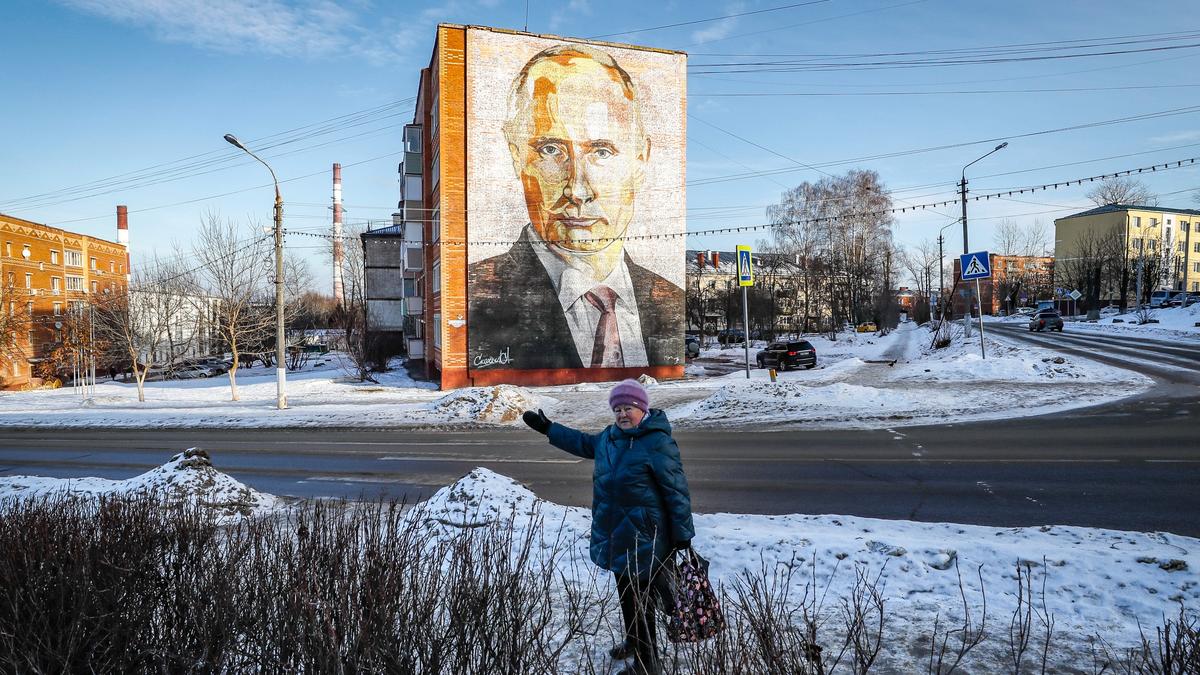While Russian attempts to create a viable national alternative to Wikipedia have generally failed to gain traction, the closest thing to a success story is Ruwiki, a censored online encyclopedia that proudly complies with Russian law and is regularly cleansed of references to so-called “foreign agents”, criticism of the government, and reports of torture in prisons.
“Ruwiki is a Russian organisation, and Russia has its own laws,” Ruwiki director Vladimir Medeyko told Novaya Gazeta Europe in July. Medeyko was the head of Wikimedia RU, the nonprofit Wikimedia chapter formed to maintain and monitor Russian-language Wikipedia pages, until it shut down amid political pressure in late 2023.
Ruwiki’s launch had been announced six months earlier, with beta testing starting a month after that. Ruwiki draws directly on the existing 1.9 million Wikipedia articles in Russian, but then automatically alters them to comply with Russian law.
Medeyko said that Ruwiki’s process of adaptation begins with “deleting everything that raises even the slightest doubt” and later involves “consultation with lawyers”, adding that he believed Wikipedia to have “reliability and neutrality” issues, and that these problems had only intensified since the start of the war in Ukraine.
But Ruwiki sounds its own alarms where “reliability and neutrality” are concerned, with some Russian Wikipedia articles simply disappearing on the new platform; independent news outlet Bumaga reported that Ruwiki was missing about 110 Wikipedia articles about the war. Other articles on sensitive topics appear to have undergone excessive rewriting.
Graphic designer Konstantin Konovalov tabulated the number of characters changed in Ruwiki articles and sorted the data by topic, finding that 205,000 characters were changed in articles about freedom of speech, 158,000 were altered in articles about human rights, 96,000 were changed in articles about political prisoners, and 71,000 were changed in articles about censorship in Russia.
The degree to which texts are altered varies. In an article about the film Navalny, for example, the Ruwiki page both downplayed the mention of Navalny’s 2020 poisoning and referred to Navalny exclusively as a “blogger,” rather than a “politician”, the term used in the original Wikipedia article.
In an article on George Orwell’s 1984, Ruwiki censors removed the section about the Ministry of Truth, which the original Wikipedia page had described as “continuously falsifying various pieces of information (statistics, historical facts)”.
Other Russian Wikipedia pages that were heavily censored before appearing on Ruwiki include articles on Yevgeny Prigozhin, whose page was changed to remove a sentence about his recruitment of Russian prisoners to fight for the Wagner Group in Ukraine.
One particular account, named Beginner6767, is responsible for much of the censorship on Ruwiki. The account began editing articles in late June 2023, shortly after the beta version of Ruwiki was launched, and since then the account has redacted objective information from several articles a day.
It is also responsible for removing embedded links to stories by Novaya Gazeta Europe, as well as by other independent media outlets such as Meduza, Dozhd, and Caucasian Knot, and other media groups that have been deemed either “undesirable organisations” or “foreign agents” in Russia.
Some other articles that have undergone especially rigorous censorship by Beginner6767 include the page on Anatoly Chepiga, the Russian military intelligence officer who was implicated in the Skripal poisoning, but whose Ruwiki page is oddly silent on the matter; and the page on Dmitry Utkin, the late co-founder of the Wagner Group.
Two other very active censorship accounts are Vakha87, which has been editing Ruwiki pages since September 2023, and Blurs, which has been active since July 2023. Vakha’s edits have, among other things, removed prisoners’ descriptions of torture at the hands of Russian law enforcement, while Blurs has edited articles about sanctions, the occupied Zaporizhzhia region, and Putin’s famous 2007 speech in Munich, to ensure that the article on each page is aligned with the Kremlin’s position.
Most often, the Ruwiki pages are substantially shorter than their Wikipedia counterparts; the sexual and plagiarism scandals of Russian representatives, for instance, are often excised. While the page on Chechen head Ramzan Kadyrov previously included several mentions of Novaya Gazeta journalist Anna Politkovskaya, whose war reporting from Chechnya ultimately led to her assassination in 2006, there is now only one mention of her on the Ruwiki page, minimising her role to a single link to an interview she did with Kadyrov.
Join us in rebuilding Novaya Gazeta Europe
The Russian government has banned independent media. We were forced to leave our country in order to keep doing our job, telling our readers about what is going on Russia, Ukraine and Europe.
We will continue fighting against warfare and dictatorship. We believe that freedom of speech is the most efficient antidote against tyranny. Support us financially to help us fight for peace and freedom.
By clicking the Support button, you agree to the processing of your personal data.
To cancel a regular donation, please write to [email protected]

